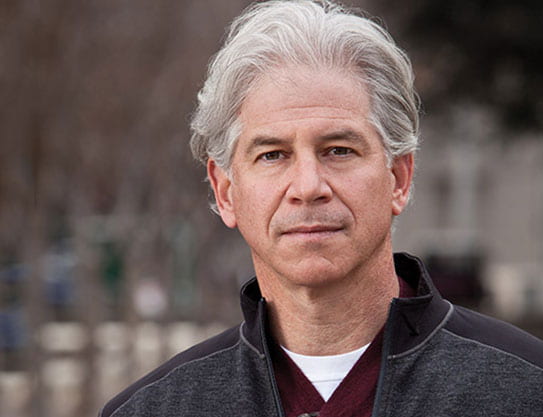Mr Andrew Fastow will be unable to deliver his seminar this Wednesday 22nd of May as scheduled. Therefore, his presentation has been postponed. An alternated date will be shared once arranged.
Ethics is understanding the difference between what is right to do and what you have the right to do. Fraud examiners, auditors, regulators, and compliance experts look for “fraud”, but fraud is a narrowly defined term.
 Usually, these experts look for embezzlement, bribery, and the forging of incorrect financial entries. In other words, these experts look for employees who are “breaking the rules”. However, a majority of what is determined to be fraud “after-the-fact”, were actually decisions made by employees who believed they were “following the rules”.
Usually, these experts look for embezzlement, bribery, and the forging of incorrect financial entries. In other words, these experts look for employees who are “breaking the rules”. However, a majority of what is determined to be fraud “after-the-fact”, were actually decisions made by employees who believed they were “following the rules”.
The “traditional” definition of fraud does not include a very significant component of fraud, namely “loopholes”. Loopholes, simply stated, are contrived structures that technically adhere to a rule (or at least obtain an opinion attesting to technical compliance), but that contravene the purpose, or principle, of the rule.
Beginning in the 1980’s, there were two major systemic changes that gave rise to the “loophole” industry. The first was the advent of “structured finance”. The second was the explosion in the complexity of accounting, tax, and securities regulations. An industry comprising accountants, bankers, lawyers, and financial consultants arose to create financial structures that exploit this complexity, enabling companies to alter reported financials and to avoid taxes, all while “technically” complying with rules and regulations.
Business executives now have at their disposal, an array of “legal” weapons that can fundamentally alter the appearance of their company’s financial condition.
When is it acceptable to engage in a transaction that technically complies with the rules, but that may be misleading? Can a transaction that technically complies with the rules be considered unethical or illegal? Is it ever appropriate to depart from GAAP or IFRS? Mr. Fastow will cite examples of such transactions at major companies, he will discuss the rationalisations made by executives to justify their decisions, and he will discuss examples of how these decisions can cause great harm to stakeholders. He will make suggestions of questions that Regulators, Auditors, Fraud Examiners, and Directors might ask in order to ensure that their companies not only follow the rules, but also uphold the principles behind them.
The former Chief Financial Officer of Enron Corporation will discuss his own story, and he will describe how he made such profound mistakes. Mr. Fastow will talk about business ethics, how the ambiguity and complexity of laws and regulations breeds opportunity for problematic decisions, and will discuss what questions corporate directors, management, attorneys, fraud examiners and auditors should ask, in order to ensure that their companies not only follow the rules, but uphold the principles behind them. Finally, he will discuss ways in which technology can be used to potentially illuminate such opportunities.
The event will take place on Wednesday, May 22 2019 from 11:00am to 1:00pm in the LT1, W40, EBL Building, Trevenna Rd, UNE.
